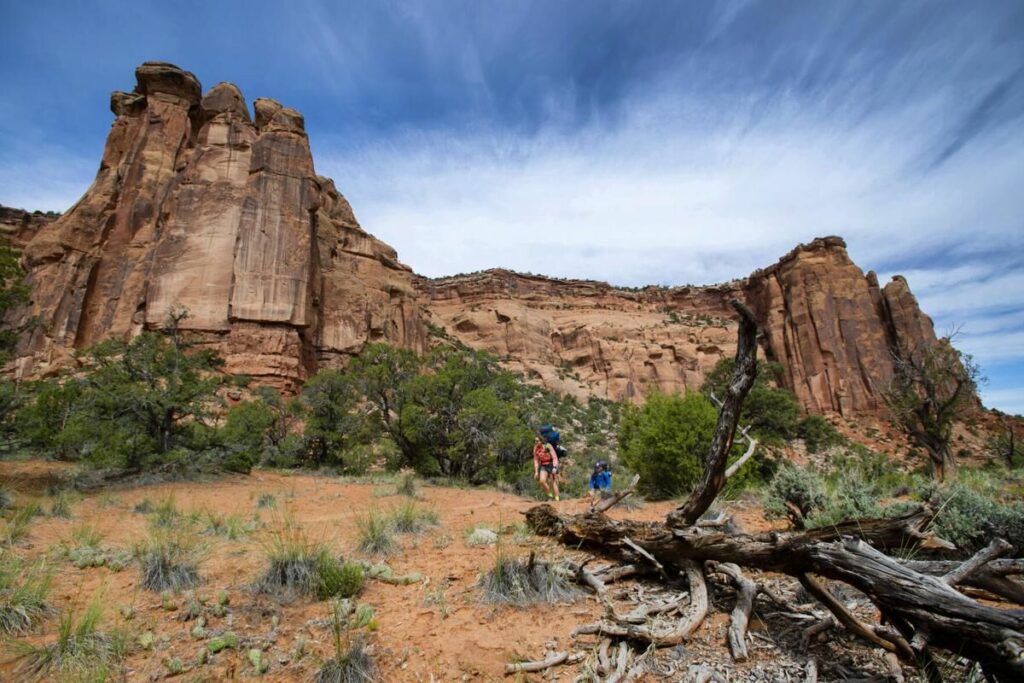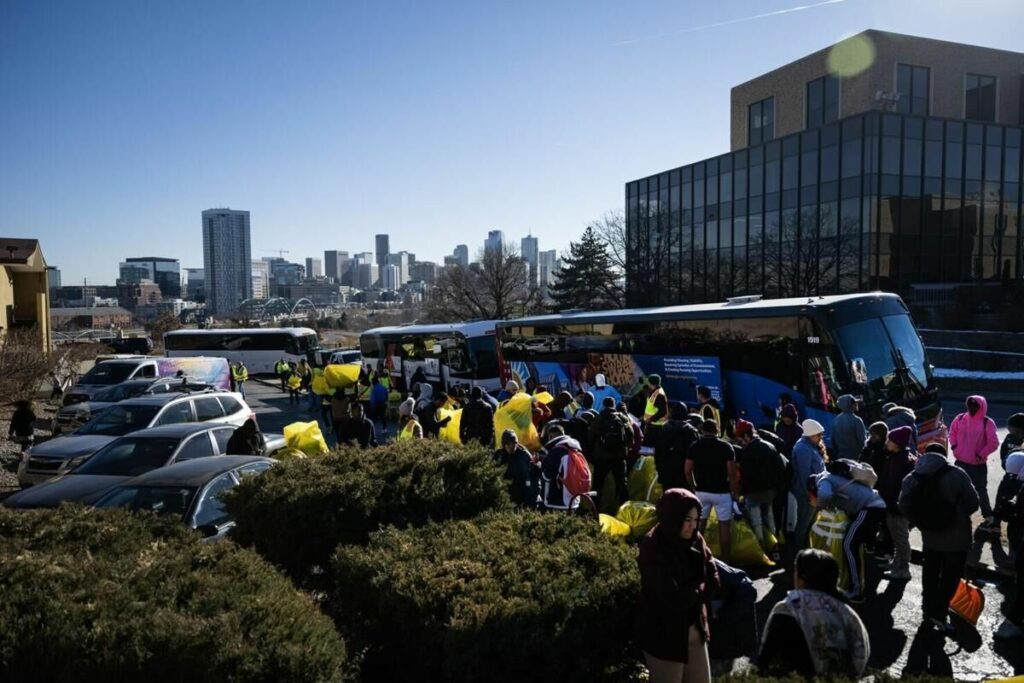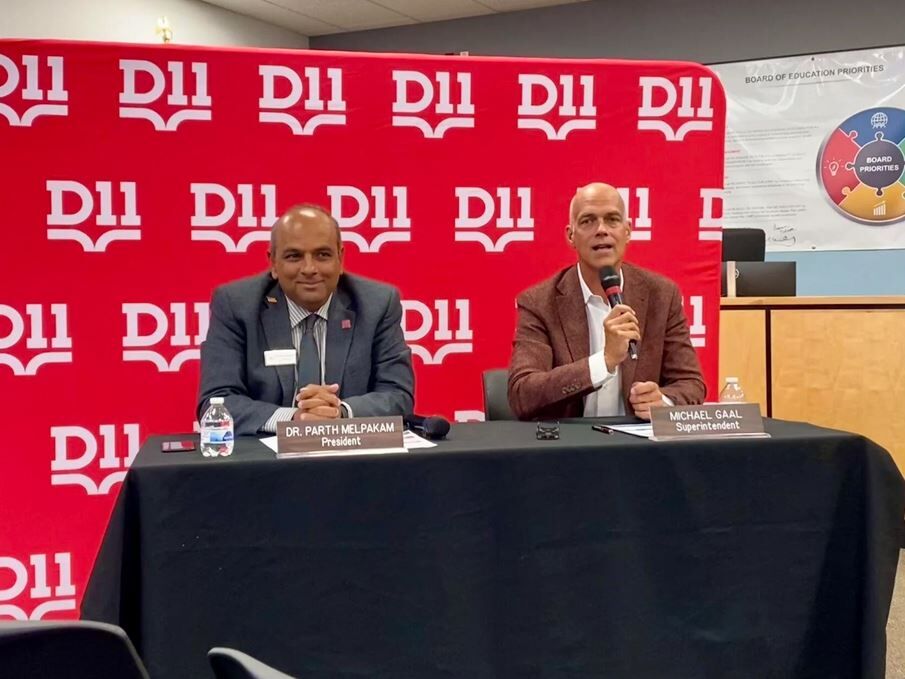Grand Junction Daily Sentinel: Help our young farmers lead

Our agricultural system in the West has two big problems – water and age. Some Colorado communities are now working to tackle both issues, and Mesa County should take note.
Across the state, innovative programs are sprouting up to not only train the next generation of farmers, but also build a more resilient and sustainable agricultural system, according to reporting by The Colorado Sun.
This movement can’t come soon enough as America’s farmers are aging out of the industry faster than they are being replaced. According to the most recent Census of Agriculture conducted by the U.S. Department of Agriculture, approximately one-third of America’s 3.4 million farmers are over the age of 65. That’s not sustainable.
Part of the problem is young people face a number of barriers to entry into the agricultural sector, including land to work, water to irrigate with and funding to pay for all the associated expenses.
One initiative we think Grand Junction and Mesa County should look at as a potential model for the Western Slope is called The Farm Business Accelerator Program. It’s being run out of Larimer County and is helping beginning farmers access land and water through a unique collaboration with the city of Fort Collins.
The city leased about 150 acres in 2020 and leased the land to a cooperative that is working to increase local food production. For between $500 and $1,250, participants can work a quarter acre to a full acre. At the same time, they develop a business plan and find a market for their products. Colorado State University is partnering with the program to provide eight weeks of business training.
“Having land access and water access, some equipment, education and mentorship is exactly what I needed,” said 29-year-old Dennis Lacerte, the first participant in the program.
And Colorado needs young farmers like Lacerte.
Agriculture in Colorado contributes $47 billion annually to our economy and employs more than 195,000 people, according to the state. On the Western Slope, agriculture is a big part of our economy as well – from peaches and wine to world-class beef and it all relies on the Colorado River. That’s where water comes in.
Part of these programs is experimenting and learning new ways of growing crops and raising animals to be more resilient and water efficient. That needs to happen if this industry is going to survive our current water crisis.
While we need to do more to conserve water in the residential and commercial sectors, the fact is agriculture uses a much large share of Colorado River water. Innovations in agriculture to produce the same or more food with less water will pay off in a big way.
We value the older people still farming and ranching in this state, but they can’t do it forever. When we’re looking at the future, it will be one where farming will require more technology and more innovation to survive. A new generation finding this industry now when it needs new ideas will be important for its success.
We’d love to see our local leaders in government and higher education look at what other areas of Colorado are doing and take a stab at this problem here on the Western Slope.
Grand Junction Daily Sentinel Editorial Board














